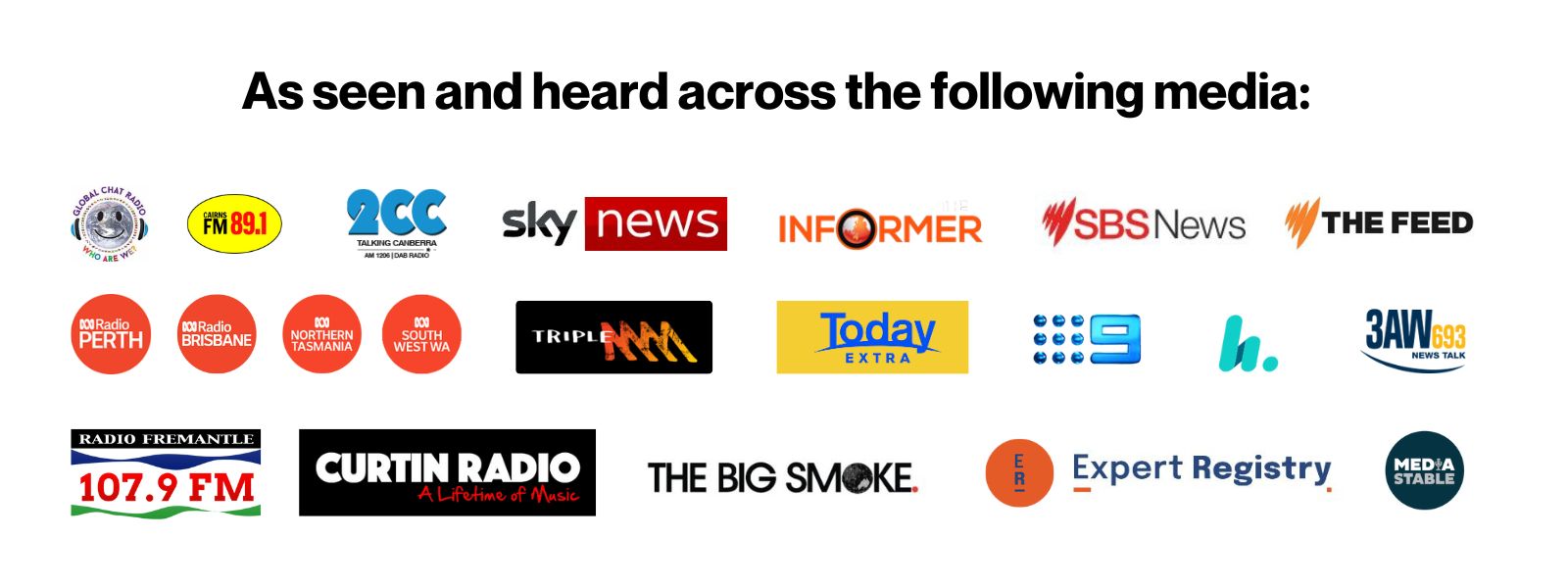
Mind Hush Group
Communicating messages with clarity, credibility and trust has never been more important in an era of mixed messages, concealed emotions and feelings, misinformation and other internal and external challenges and risks. Optimising performance and wellbeing is paramount.
I’m Sharon Box and Founder of the Mind Hush Group which I launched in Perth, Western Australia. I’m a behavioural analyst and consultant, communications advisor and strategist and L&D trainer. My key focus is to help you navigate human behaviour more efficiently and effectively and assess the veracity of information you encounter with greater certainty.
I provide consultancy and training services for leaders, business owners and other busy professionals in understanding the behavioural science and neuroscience behind reading people, emotional states, information and situations with more accuracy. I achieve this by equipping individuals and organisations with the skills and practical tools to communicate messages with maximum impact and credibility, minimise risk, and maximise performance, wellbeing and business outcomes.

Whether you’re dealing with someone in person or in a virtual capacity, by learning how to observe and analyse non-verbal and verbal behaviour to identify useful behavioural cues, this will:
- Empower you with more advanced skills to determine the emotional states of others so you can be more impactful with your communication to improve the relationships with the people you interact with;
- Enable you to make better decisions that are in your, and/or your company’s best interests when you can determine that you have credible information to work with more accurately;
- Allow you to better protect yourself from the potential emotional, psychological and financial consequences associated with deception where there is something at stake;
- Help you to develop and steer relationships on a path of greater trust, honesty and integrity in an era of challenging times which can require difficult conversations and decisions.
When making important decisions, there are many scenarios where ascertaining whether or not someone is being truthful will have consequences and affect the outcome such as:
- Business meetings
- Sales meetings
- Business negotiations
- Job interviews/candidate selection/performance evaluations
- Financial transactions
- Shareholder and corporate earnings meetings
- Business evaluations and past performance announcements
- Legal proceedings/jury selection
- Law enforcement – witness interviews and investigations
- Purchasing high value goods or services
- Insurance claims
- Investigations and audits
- Political election promises
- Media reports/stories of public interest

I am an educator, and my focus is sharing what I know about behavioural science to help you navigate behaviour and the emotional landscape you find yourself in.
By better understanding your mind and what drives your own behaviour and emotions, you can then manage them with more control to achieve better outcomes.
I share with you, the key research and collective science from the behavioural science world that has been proven in the field, so you can use the training constructively and positively in your communications and interactions. Use the training to:

